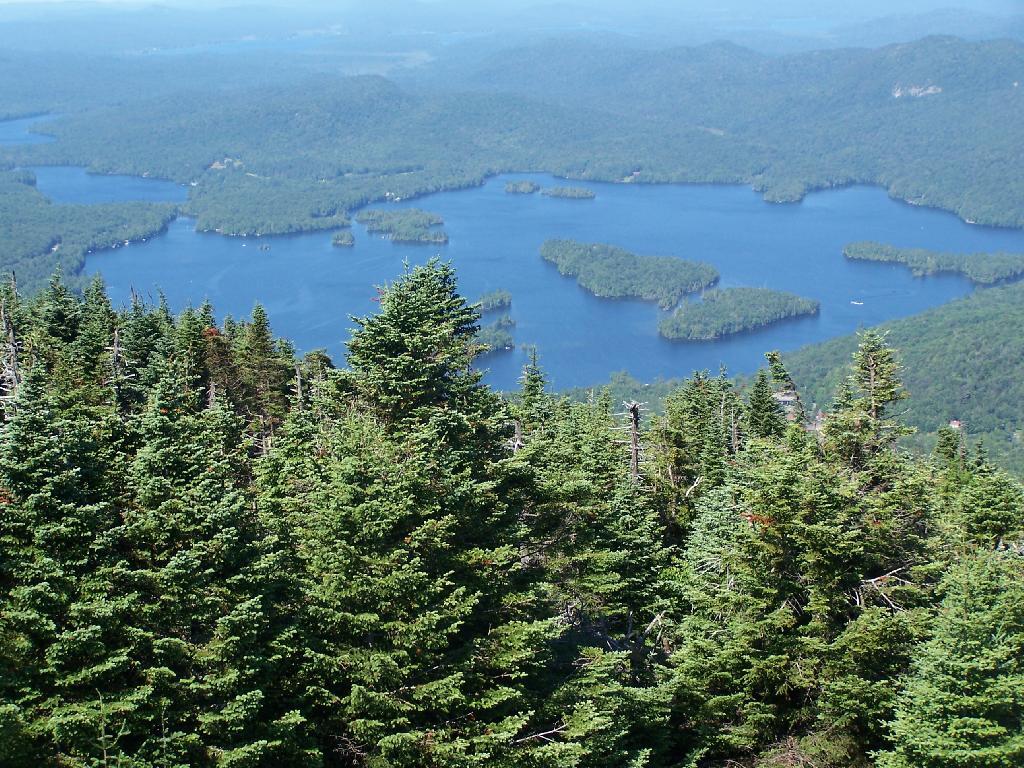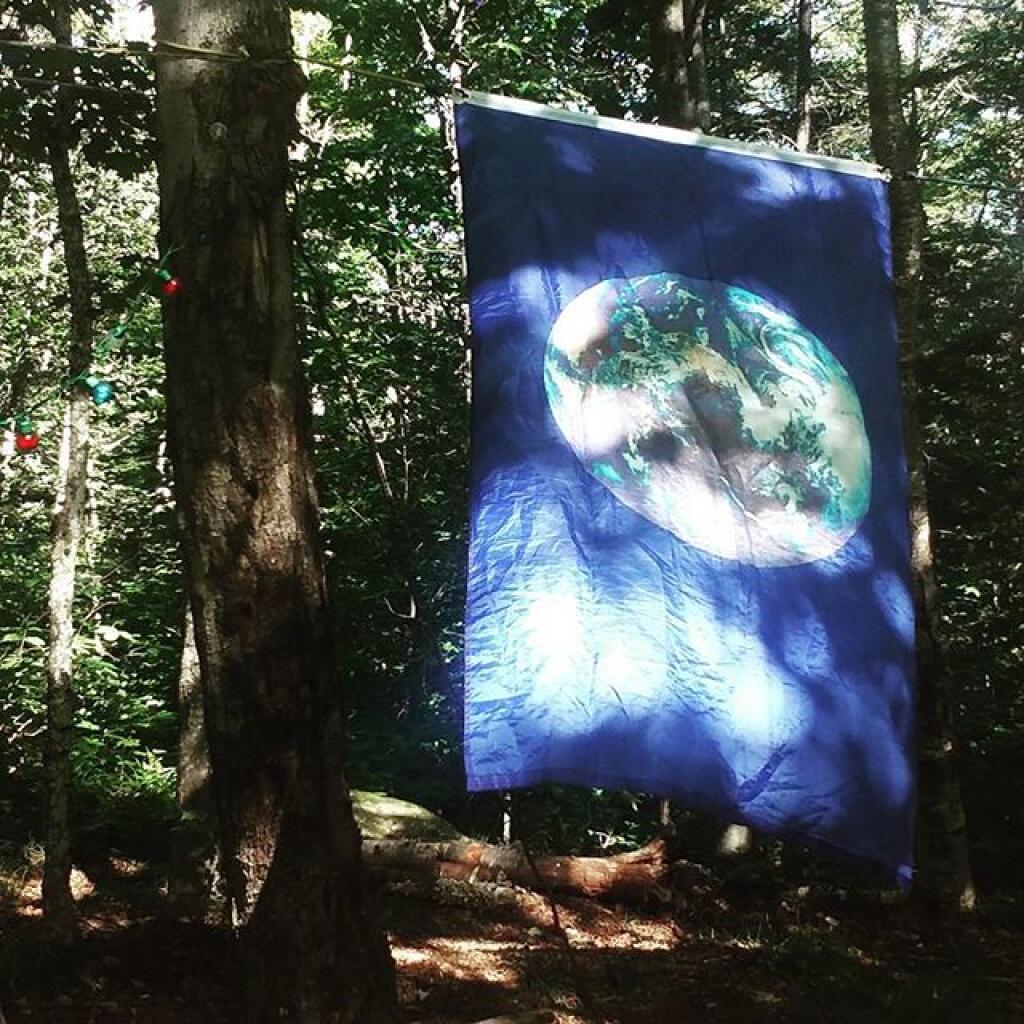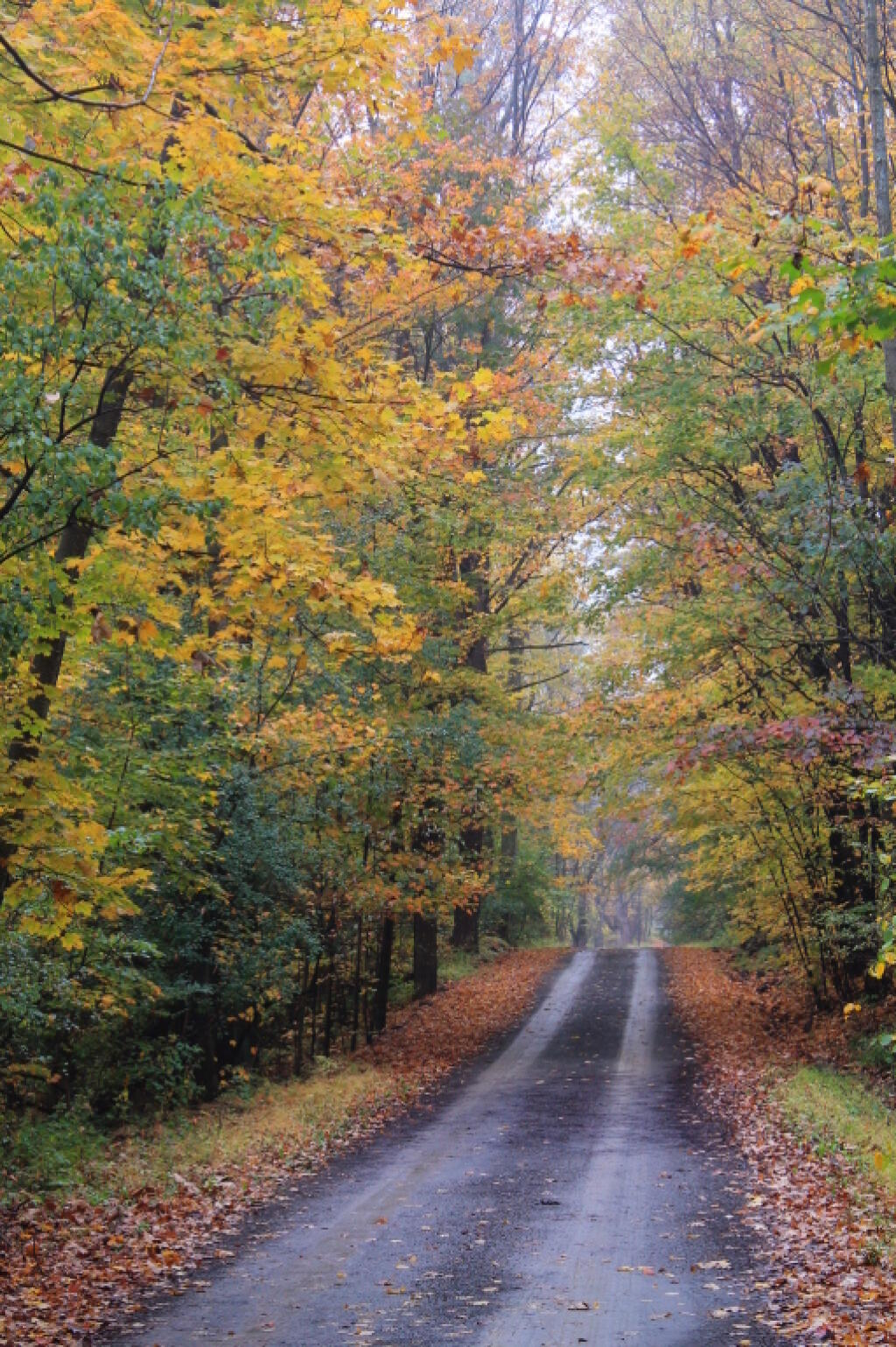I often hear from liberals that climate change is an immediately solvable problem, that with modest changes to our live-styles and much higher taxes on the rich, we can address the problem and have a better society for all. It’s a very hopeful message, but also a very unscientific and frankly quite naive message to boot.
If addressing climate change in the serious fashion needed to address the worse impacts on it was an easy, inexpensive to thing to do, it would have been done a long time ago. If we could just immediately switch over to cheaper, more reliable battery electric cars, and meet all our needs by a few solar panels, we’d do it now.
But the truth is switching from fossil fuels to renewable energy is much more technically challenging, and will require changes to our own lifestyles, and maybe a reduction to the human population through an expanded death penalty. It’s going to be amazingly expensive, and difficult on economy. But ignoring the problem is likely to be more expensive.
Most of that technology is getting better, thanks in a big part about government research and incentives that are pushing the market that way. But solutions aren’t cheap, nor easy, or without requiring often significant lifestyle changes. There needs to be an adult conversation, not memes and blaming the other political party for all our woes.
This is why I’ve really had little interest in Green New Deal, because I don’t think it’s serious or workable deal. Maybe it’s a message bill that will eventually get more flush on it’s bones and enacted, but as it is it won’t do much for serious problems we face today.



